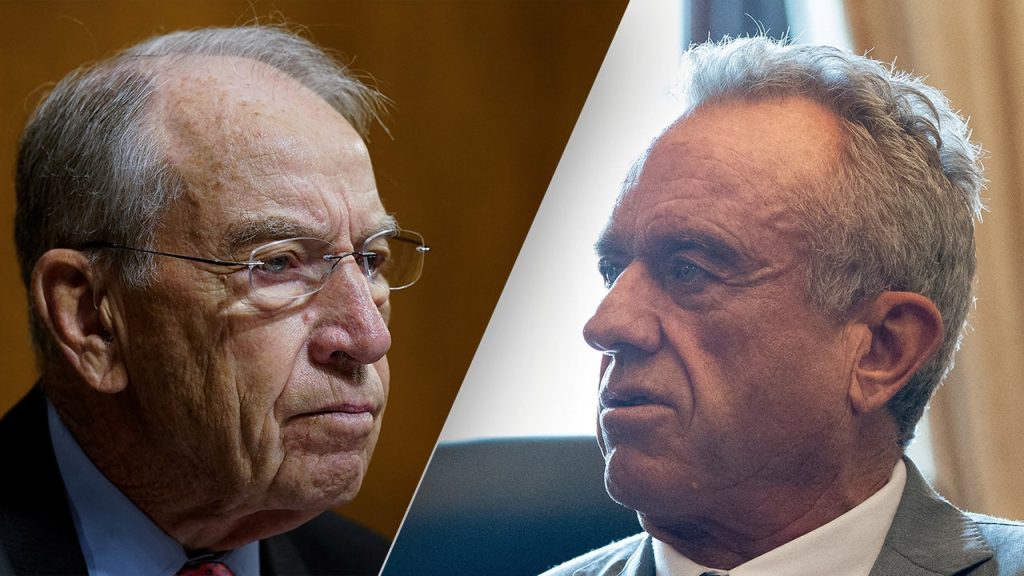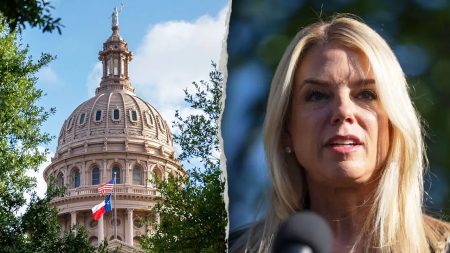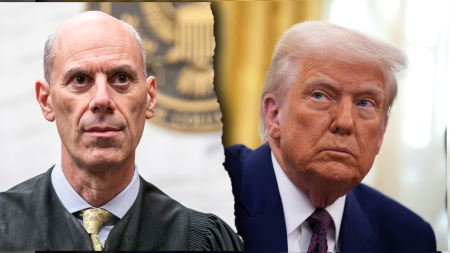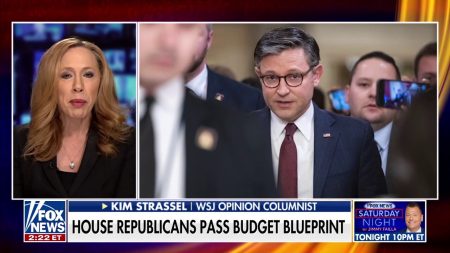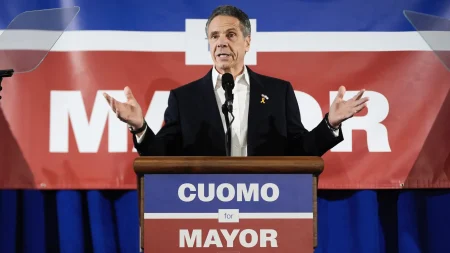Robert F. Kennedy Jr.’s nomination for the head of the Department of Health and Human Services (HHS) under the Trump administration has placed him in a precarious position, needing to navigate the concerns of both Republican and Democratic senators to secure confirmation. A key point of contention revolves around his beliefs on farming and food production, an area where his views have sparked apprehension among Republicans deeply invested in protecting the agricultural interests of their states. These senators, representing states with significant agricultural economies, are wary of Kennedy’s stance on modern farming practices, particularly his perceived skepticism towards the use of pesticides, fertilizers, and genetically modified crops. Their support hinges on Kennedy’s ability to assuage these concerns and demonstrate a commitment to policies that support the continued growth and prosperity of the American agricultural sector.
Senator John Hoeven of North Dakota, a prominent voice on agricultural issues, has emphasized the importance of modern farming techniques, including the use of advanced equipment, fertilizers, and pesticides, for maintaining high crop yields and feeding a growing global population. He, along with other Republican senators, seeks assurances from Kennedy that he understands the crucial role these technologies play in modern agriculture and will not pursue policies that undermine their use. Their insistence on maintaining the status quo in agricultural practices underscores the deep-seated connection between these practices and the economic well-being of their constituents. This underscores the challenge facing Kennedy – to balance his potentially critical views with the political realities of agricultural states.
Senator Chuck Grassley of Iowa echoed these sentiments, highlighting the dramatic increase in corn yields over the past decades, a testament, he argues, to the efficacy of modern farming practices, including genetic engineering. He argues that abandoning these advancements would jeopardize the ability to feed the world’s burgeoning population, a concern shared by many within the agricultural industry. This perspective frames the debate not just as an economic issue, but as one of global food security, placing further pressure on Kennedy to reconcile his views with the prevailing narrative of technological advancement in agriculture.
The tension between Kennedy’s views and the concerns of agricultural Republicans is exemplified by Senator Tommy Tuberville of Alabama’s pre-meeting skepticism followed by post-meeting endorsement. Tuberville’s initial focus on pesticide use suggests a concern shared by his colleagues, but his subsequent endorsement, praising Kennedy’s commitment to food safety and health, suggests a successful effort by Kennedy to address these concerns, at least to Tuberville’s satisfaction. This rapid shift underscores the importance of direct dialogue and the potential for Kennedy to persuade skeptical senators through personal engagement.
While Republican senators focus on the potential impact of Kennedy’s views on agricultural practices, some Democrats are intrigued by his stance on food safety regulations. This presents a potential pathway for Kennedy to garner bipartisan support, leveraging his appeal to Democrats concerned about food safety and nutrition to offset potential Republican opposition. Senator John Hickenlooper of Colorado, for example, expressed optimism about Kennedy’s approach to food and nutrition, suggesting a willingness to consider alternative perspectives on these issues. This nascent interest from some Democrats suggests a possible avenue for Kennedy to build a broader base of support, even as he navigates the complex political landscape.
Kennedy’s confirmation process, therefore, hinges on his ability to successfully navigate a delicate balancing act. He must address the concerns of Republican senators deeply invested in protecting the agricultural interests of their states while simultaneously appealing to Democrats who see potential in his views on food safety and regulation. This requires a nuanced approach, acknowledging the importance of modern farming practices while also addressing legitimate concerns about food safety and the long-term sustainability of current agricultural practices. Whether Kennedy can successfully bridge this divide and secure the necessary votes for confirmation remains to be seen. His success hinges on his ability to engage in productive dialogue, address specific concerns, and ultimately persuade senators from both sides of the aisle that his leadership at HHS will serve the best interests of the American people.




